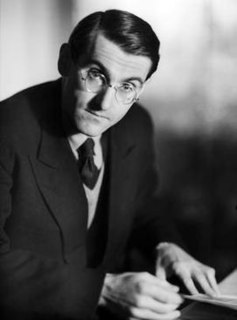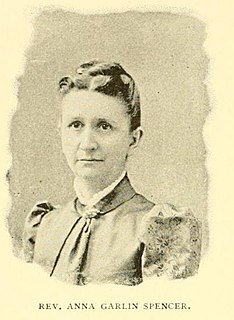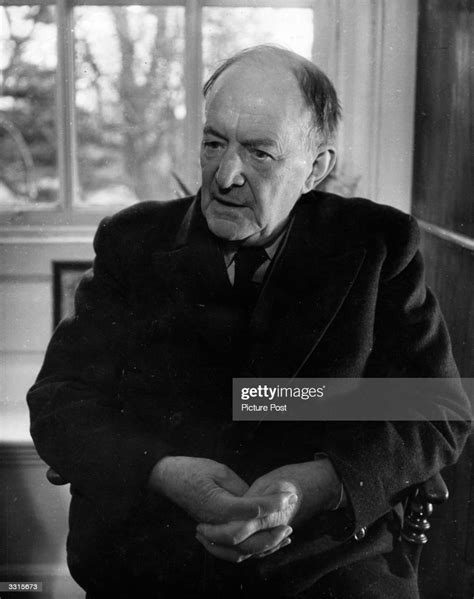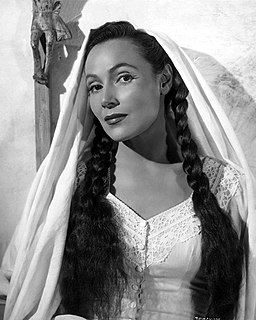A Quote by Jean Anouilh
Beauty is one of the rare things which does not lead to doubt of God.
Related Quotes
In those who rest on their unshakable faith, pharisaism and fanaticism are the unmistakable symptoms of doubt which has been repressed. Doubt is not overcome by repression but by courage. Courage does not deny that there is doubt, but it takes the doubt into itself as an expression of its own finitude and affirms the content of an ultimate concern. Courage does not need the safety of an unquestionable conviction. It includes the risk without which no creative life is possible.
We cannot begin with complete doubt. We must begin with all the prejudices which we actually have when we enter upon the study ofphilosophy. These prejudices are not to be dispelled by a maxim, for they are things which it does not occur to us can be questioned. A person may, it is true, in the course of his studies, find reason to doubt what he began by believing; but in that case he doubts because he has a positive reason for it, and not on account of the Cartesian maxim. Let us not pretend to doubt in philosophy what we do not doubt in our hearts.
God who is goodness and truth is also beauty. It is this innate human and divine longing, found in the company of goodness and truth, that is able to recognize and leap up at beauty and rejoice and know that all is beautiful, that there is not one speck of beauty under the sun that does not mirror back the beauty of God.
He who has spent billions on churches, on mosques and on every kind of sanctuaries is guilty of not giving that money to the science! The path of sanctuary does not lead to God; the path of the faith does not lead to God; only the path of science leads to God! The bridge between man and the unknown God is not worshipping but it is science, only the science!
There is a lot of difference between tempting and leading into error. God tempts but does not lead into error. To tempt is to provide opportunities for us to do certain things if we do not love God, but putting us under no necessity to do so. To lead into error is to compel a man necessarily to conclude and follow a falsehood.
How could you feel worthless when God has honoured you by creating you and choosing you to be with Him, in this life and the next? You are worthy. You are worthy of love. You are worthy of respect. You haven't failed. You're beautiful. Only the beautiful can see beauty. Never doubt your beauty. Never doubt your worth. It's not about how much you make, your grades, what people say or think. It's about you and God. It's about your heart. The blinding beauty of your heart.
Poltinus the Platonist proves by means of the blossoms and leaves that from the Supreme God, whose beauty is invisible and ineffable, Providence reaches down to the things of earth here below. He points out that these frail and mortal objects could not be endowed with a beauty so immaculate and so exquisitely wrought, did they not issue from the Divinity which endlessly prevades with its invisible and unchanging beauty all things.
One of the things that's happening to a lot of us is that there's this vision of the beauty of God that transports us and that takes us to a new depth and a new height. It's one of those things about beauty. You can't capture it in a word or a formula. When you get to that humble place where the beauty of God has overwhelmed you, I think it changes everything. You can say the same creed that you said before, but now it's not a creed that grasps God in the fist of the words, but it's a creed that points up to a beauty that's beyond anybody's grasp.




































